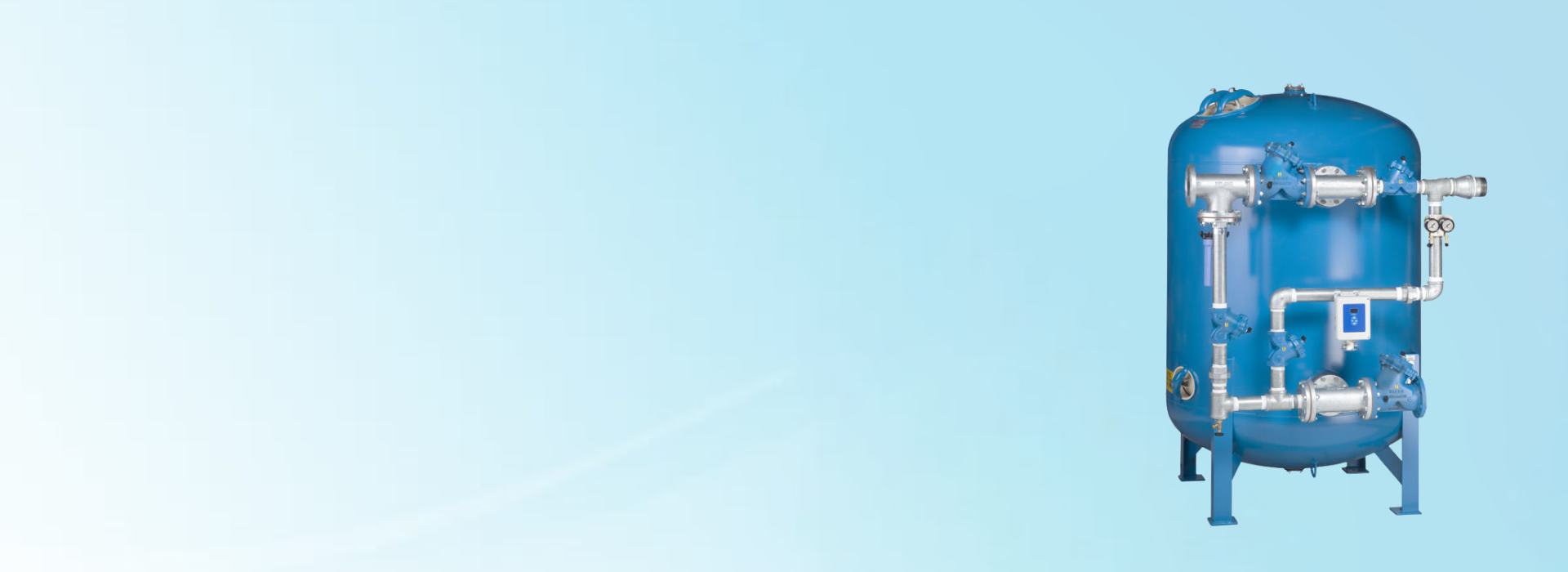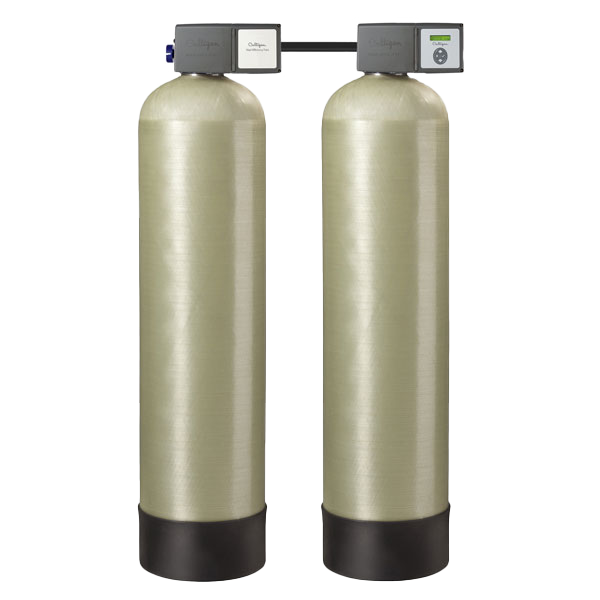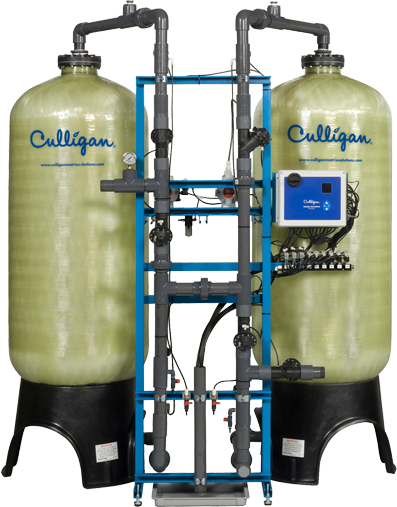All the benefits of dealkalization without the ridiculous costs.
Cost-effective delakalized water solutions for commercial & industrial.
-
Corrosion Prevention
Dealkalization lowers water alkalinity, preventing corrosion in boilers, cooling towers, and piping systems. This reduction minimizes corrosive substance formation, extending equipment lifespan and lowering maintenance costs.
-
Improved Water Quality
By removing bicarbonates and carbonates, dealkalization enhances water quality, crucial for high-purity water industries like food and beverage, pharmaceuticals, and electronics, ensuring consistent product quality.
-
Increased Efficiency
Dealkalized water minimizes scaling and fouling in systems, enhancing heat exchange efficiency in boilers and cooling systems, resulting in reduced energy consumption and lower operational costs.
-
Regulation Compliance
Dealkalization assists industries in meeting strict water quality regulations by providing compliant water, helping avoid fines and legal issues.
Why Culligan?
- No third-party installation. No big box retailers. Full-Service high-quality water
- Customized to fit YOUR water needs. Your neighbor’s home, your parents’ home across town — their home water situation may be very different from yours. Culligan works for your tap, your family, your home
- Security: Limited 20 year warranty, No shipping damage worries, no restocking fees!
Commercial & Industrial
Industries We Serve
Culligan of Oklahoma City meets the unique needs of industrial customers with a personalized approach, catering to every use—from the misting water in grocery stores and hotel laundry systems to water for oil field steam injection and high-purity water for pharmaceutical production. Their process includes on-site surveys, in-depth analysis, and expert service to deliver tailored solutions. We are thrilled to serve the following industries:
- Chemicals
- Consumer Goods
- Energy / Oil / Gas
- Food & Beverage
- Hospitality / Lodging
- Healthcare
- Steel
- Pharmaceuticals
ANSI / AAMI ST108
Are You Prepared?
In 2023, a new standard for water quality in medical device processing arrived, which replaced outdated guidelines and made the bar higher for patient safety. Culligan Texas specializes in helping healthcare providers understand and implement water grades for different stages, design systems and monitoring, and working with your water management platform.

You Have Questions
We Have Answers
What is commercial dealkalization and why is it important?
Commercial water dealkalization reduces water alkalinity by removing bicarbonates, carbonates, & hydroxides. High alkalinity causes scaling & corrosion in equipment, increasing costs & lowering efficiency. Dealkalization protects equipment, improves water quality, & enhances efficiency.
How does a commercial dealkalization system work?
A commercial dealkalization system usually employs ion-exchange resins or acid injection. In ion exchange, resins swap chloride ions for bicarbonate and carbonate ions in the water. Acid injection adds a controlled amount of acid (e.g. sulfuric or hydrochloric acid) to neutralize alkalinity, converting bicarbonates and carbonates to carbon dioxide and water for removal.
What are the benefits of using a commercial water dealkalization system?
Benefits include corrosion prevention, improved water quality, increased equipment efficiency, and regulatory compliance. These advantages lead to reduced maintenance costs, extended equipment lifespan, and improved overall operational efficiency.
How do I determine the need for a dealkalization system in my facility?
A water analysis can determine if a dealkalization system is needed due to high alkalinity causing scaling, corrosion, or inefficiencies. Consulting a water treatment specialist can help assess and recommend the appropriate solution.
What kind of maintenance is required for a commercial dealkalization system?
Maintenance for dealkalization system includes monitoring water quality, regenerating resins (if applicable), checking/replenishing acid levels, and inspecting system components for wear/damage. Skilled water professionals can help ensure proper system maintenance.





Facebook